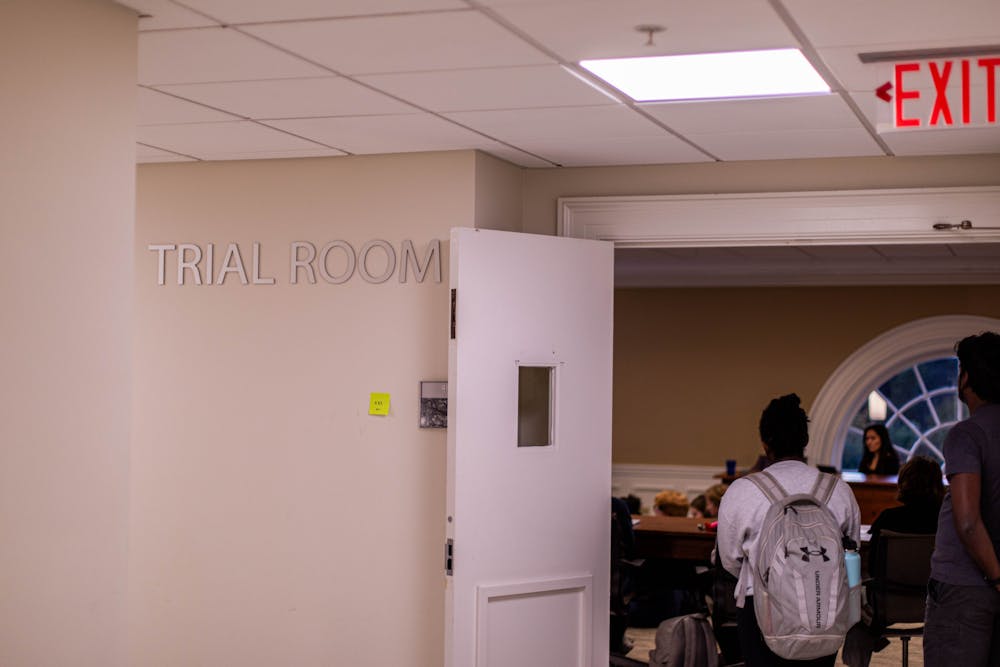The University Judiciary Committee processed eight cases between June 1, 2023 and Jan. 1, 2024, including one organizational case and seven cases against students, per the 2023 Fall statistics report. Six additional cases are pending, all of which are against students.
The UJC adjudicated six less cases this fall than it did last spring, with three less students and three less organizations standing trial for alleged violations of the University’s standards of conduct. The report also indicates success in reducing case processing times. The median case processing time was reduced by 47.5 days to 60.5, with the average processing time for a case also decreasing from 133 to 105.5 days.
The UJC also noticed a significant change in what violations were being reported. Lisa Kopelnik, UJC chair and third-year College student, said the committee saw more cases than usual that included alleged violations of Standards 1 and 2, which involve physical assault and threats to personal health and safety, respectively.
“It is atypical for the Committee to hear this high of a volume of Standard 1-related cases and I am especially grateful to our support officers and judges for addressing every case with utmost dedication, empathy, and rigor,” Kopelnik said.
The only organizational case brought to the UJC in fall was against the Delta Kappa Epsilon fraternity, who pleaded guilty to a Standard Two conduct violation after hosting an event where attendees were injured by thrown bottles. The UJC issued sanctions which included the creation of a new risk management document and the directive that the fraternity must clearly communicate the contact information of executive board members to hired security ahead of their events.
Ineke La Fleur, vice chair for trials and fourth-year College student, said another trend is the increase in Standard 10 cases, or violations of local, state or federal law instead of University policies.
While the UJC typically only factors in an accused person’s status in the legal system after reaching a verdict, Kopelnik says the exception is Standard 10 cases, where a conviction in a court of law will be entered into evidence in a trial for guilt — before any sanctions are even considered by the committee.
UJC sanctions are assigned with the intent to be rehabilitative and educational in nature. While the committee has access to sanctions ranging from oral admonition to expulsion, reflective essays are the most common punishment.
Other sanctions delivered by the committee included five reflective essays, three suspensions in abeyance, two mandatory counseling meetings, one change to organizational rules, one presentation, one sanction of community service and three sanctions classified as “other.”







